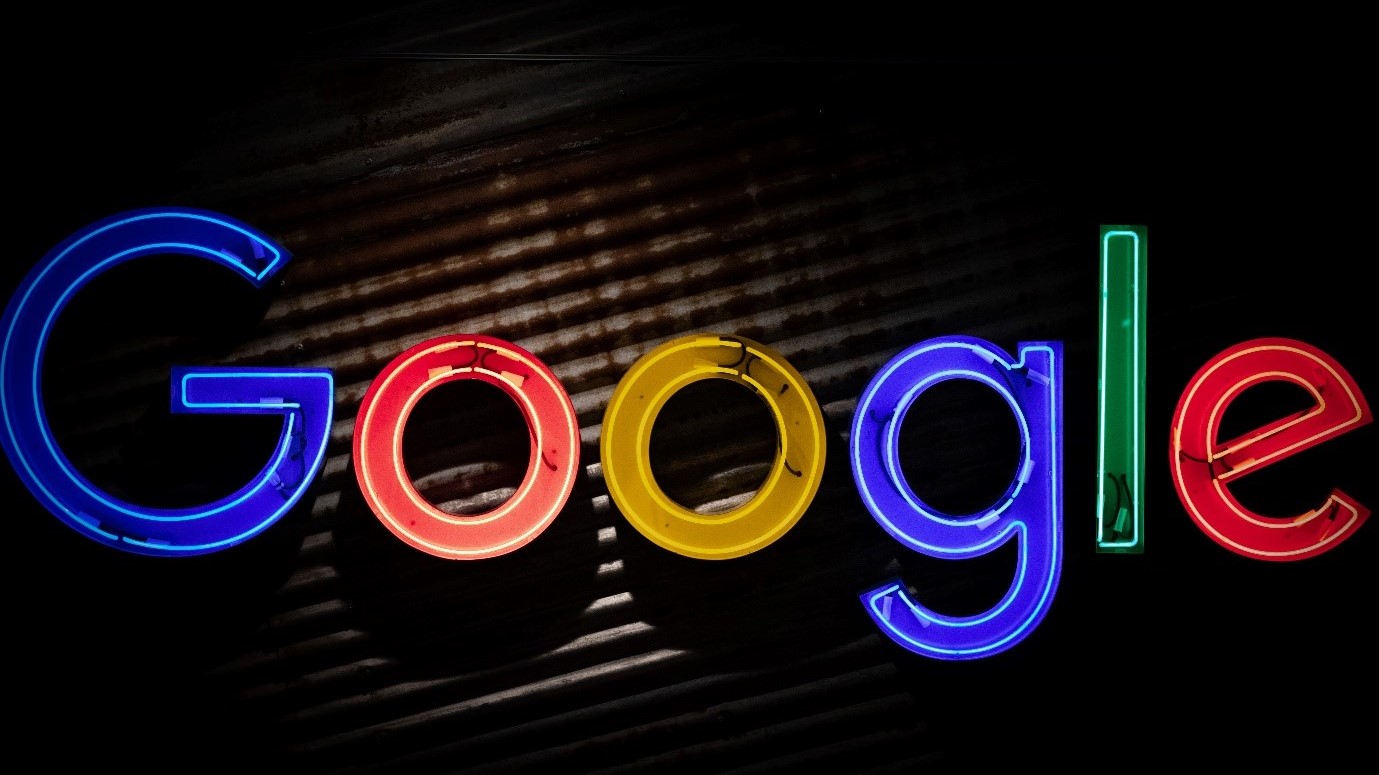Bard is built on Google's language model called LaMDA, which stands for Language Model for Dialogue Applications. LaMDA was trained on a dataset called Infiniset, which is a mixture of internet content and Google's concealed data sources known as Murky. The full range of data used to train LaMDA has not been made public yet (Montti, 2023).
There is no doubt that the race for search engine supremacy is getting fierce. Tech giants like Google and Microsoft are key players in this race. Google’s Bard announcement was posed as a rival to Open AI’s ChatGPT as its release was anticipated as a threat to Google’s search business model. While Google rushed the announcement of Bard- a competitor of ChatGPT, on the contrary, Microsoft took a collaborative approach by investing heavily in Open AI’s ChatGPT and recently announced a new version of its Bing search engine enabled by ChatGPT (BBC News, 2023) . Likewise, China’s search engine Baidu also announced design and testing of ChatGPT style chatbot of its own (Dayaram, 2023). It is now evident that conversational search engines in the form of chatbots is one of the next batte front in the AI race.
Unfortunately, Google’s Bard did not have a promising start as ChatGPT. Bard was reported to have a factual error and caused $144 billion loss to the parent company’s (Alphabet) value. During an add, Bard was asked: "What new discoveries from the James Webb Space Telescope can I tell my 9-year-old about”? Among the answers provided by Bard, one was factually wrong that caused a dip in Alphabet’s share. Following the incident, concerns regarding Bard’s accuracy escalated (Patnaik, 2023).
Although ChatGPT has also shown instances of factual errors, but the reaction for Alphabet (Google’ Bard) was more intense. Alphabet (parent company of LaMDA and Bard) faced US S144 bn loss. Several factors including Google’s profile as one of most promising tech giants, its unmatched supremacy in search engine applications and extensive investments in conversational AI are some of the non-exhaustive reasons that caused intense reaction on Bard’s error (Mudassir & Munir, 2023). Google’s employees criticized the rushed announcement of Bard, mentioning it is “un-Googlely” (not what Google usually does) action. Google’s response to this criticism was however acceptance and hinted a way forward “This highlights the importance of a rigorous testing process, something that we’re kicking off this week with our Trusted Tester programme”(Patnaik, 2023).
Considering Chatbot’s competition and Google’s unpleasant start of Bard, may are questioning if Google is going towards its Kodak Moment (a term used to define total wipe out of American photography giant, Kodak, due to emergence of digital photography). The factual error by Bard is likely to be fixed by Google mainly because of its long-standing and influential position in AI development. However, this incident has indicated impatient misstep. May be Google was not supposed to make public announcement unless all phases of testing were successful.
Taking a step back to look at the bigger picture, the FOMO response from Google and other players can be detrimental to the maturity of the AI industry. AI, like any other technology, will require not just technological maturity, but also maturity in areas like legislation, public confidence and acceptance, appropriate governance, ethical frameworks, and other considerations to achieve AI ubiquity. These considerations cannot be done in haste and requires time and space to accommodate discourse from diverse views. Yet with ChatGPT being integrated into search engines, not only are we seeing a second race for search engine supremacy, but it might also be the killer application that the AI industry is seeking to bring about further investments to bring AI to maturity and ubiquity. How long it will take is an unknown but one thing is for sure. Taking time to get AI right is crucial. And we have seen the price that Google paid to learn this lesson.
References
BBC News. (2023, February 8). Google’s Bard AI bot mistake wipes $100bn off shares. BBC News. https://www.bbc.com/news/business-64576225
Dayaram, S. (2023, February 7). China’s Baidu Readies ChatGPT-Style Bot for Public Debut. CNET. https://www.cnet.com/tech/mobile/chinas-baidu-readies-chatgpt-style-bot-for-public-debut/
Montti, R. (2023, February 10). Google Bard AI - What Sites Were Used To Train It? Search Engine Journal. https://www.searchenginejournal.com/google-bard-training-data/478941/
Mudassir, H., & Munir, K. A. (2023, February 13). Google’s search business doesn’t have to be killed by AI chatbots – here’s the ugly workaround. The Conversation. http://theconversation.com/googles-search-business-doesnt-have-to-be-killed-by-ai-chatbots-heres-the-ugly-workaround-199801
Patnaik, D. A. and S. (2023, February 8). Google suffers $144b wipeout after Bard AI chatbot gives wrong answer. The Sydney Morning Herald. https://www.smh.com.au/business/companies/google-suffers-140b-wipeout-after-bard-ai-chatbot-gives-wrong-answer-20230209-p5cj3a.html
Roth, E. (2023, February 11). Some Googlers reportedly aren’t happy about Bard’s “rushed” announcement. The Verge. https://www.theverge.com/2023/2/11/23595496/google-rushed-bard-announcement-report
Authors:
1. Dr Samar Fatima (Research Fellow - Enterprise AI and Data Analytics Hub - School of Accounting, Information Systems and Supply Chain)
2. Professor Kok-Leong Ong
(Director, Enterprise AI and Data Analytics Hub - School of Accounting, Information Systems and Supply Chain)







